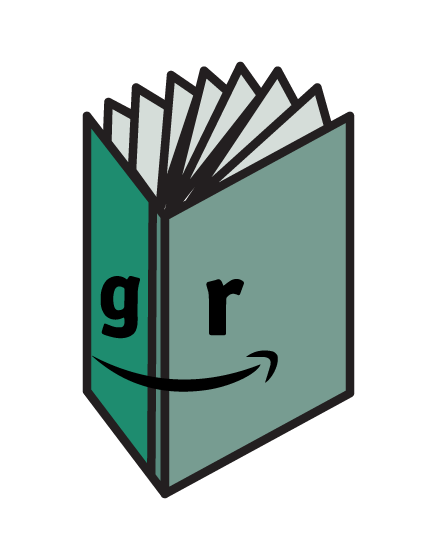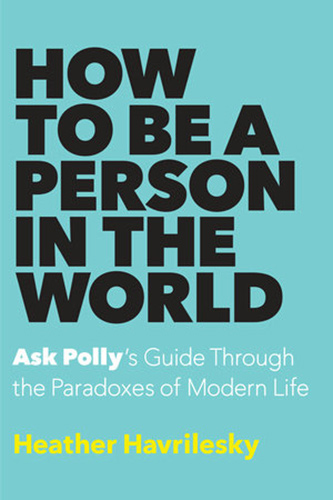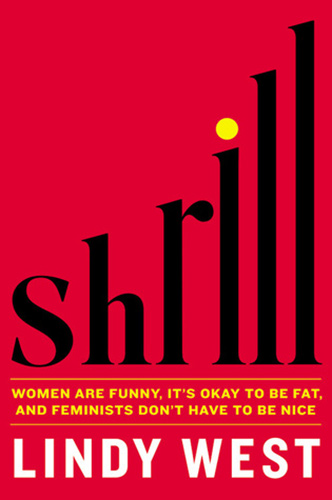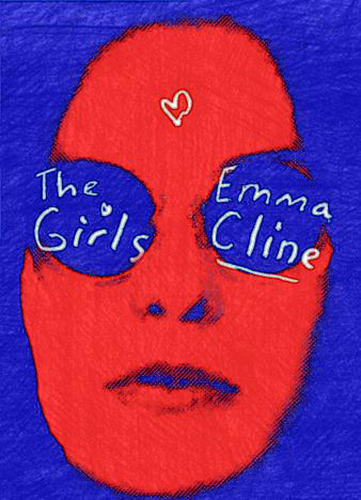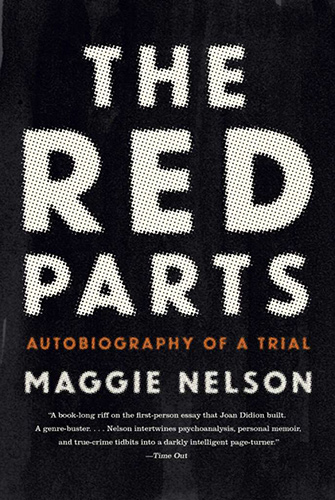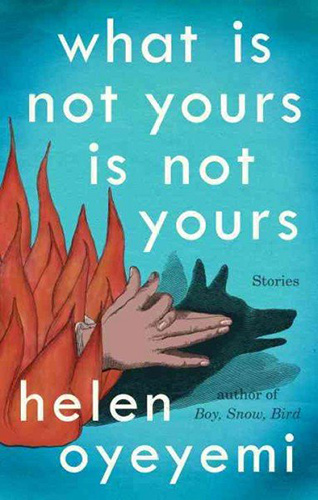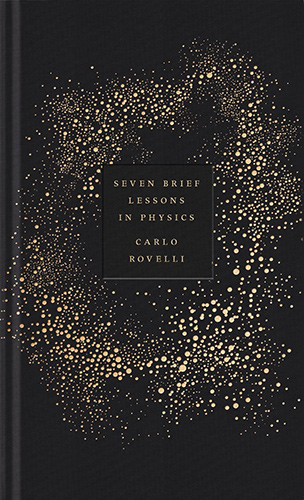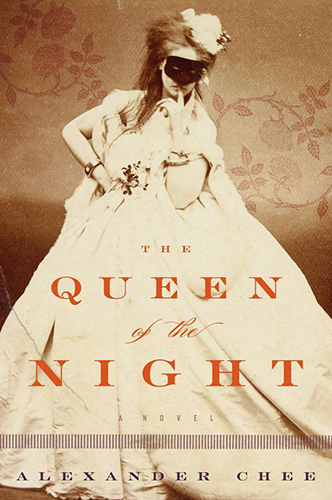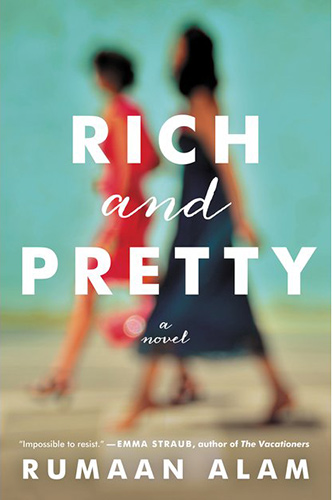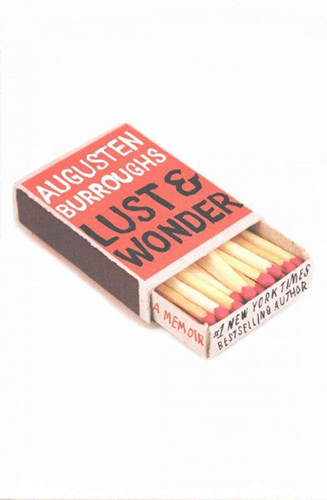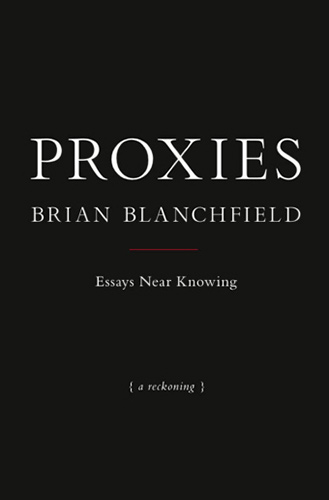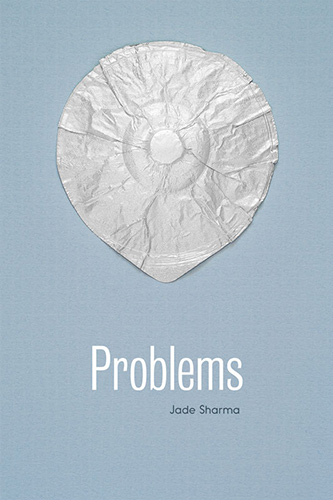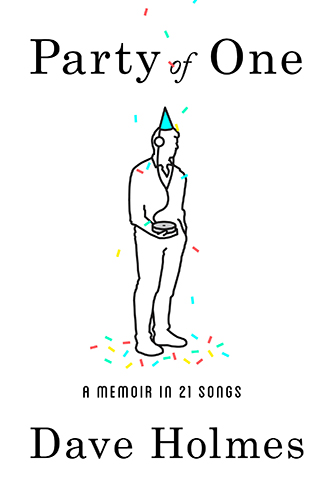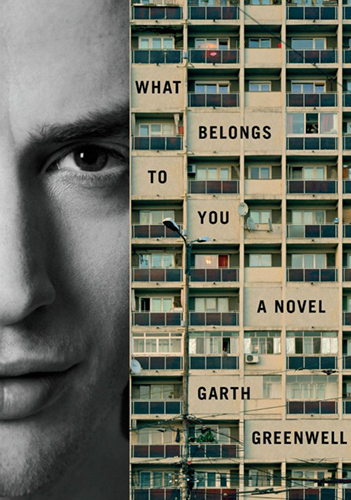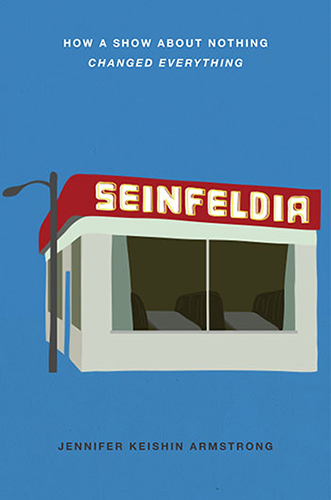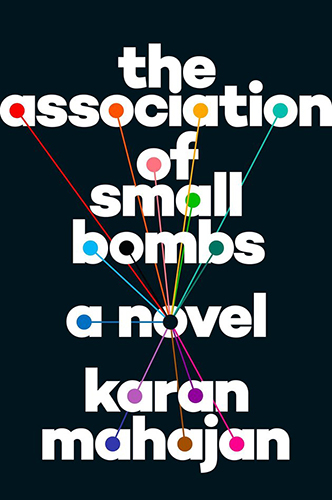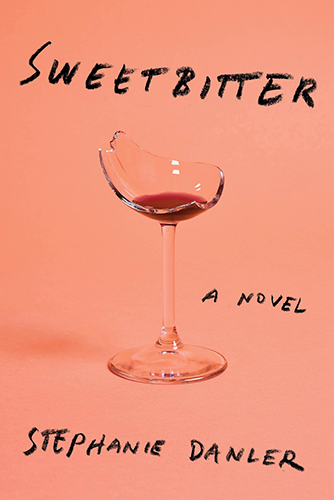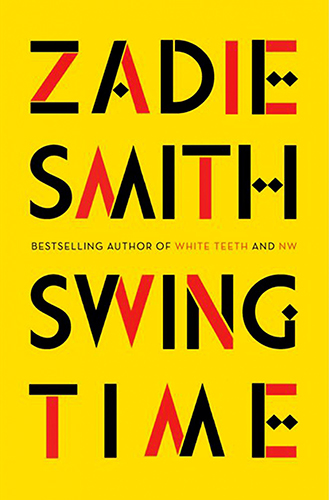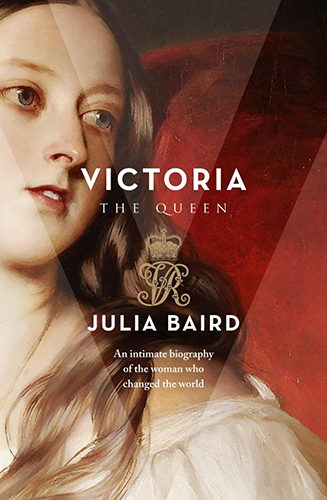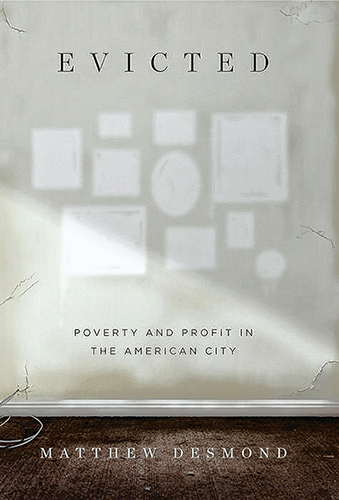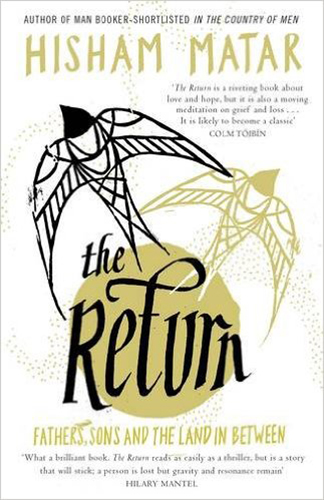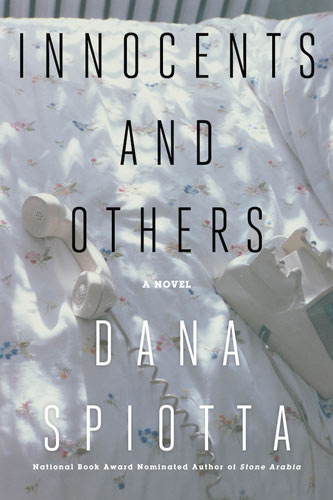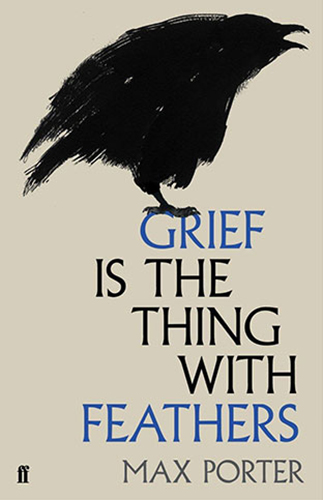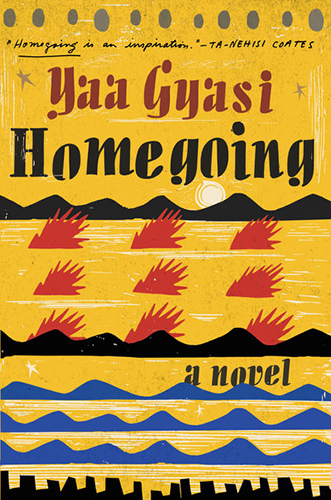How to Be a Person in the World
by Heather Havrilesky
If Americans really wanted a president who "tells it like it is," Heather Havrilesky would be running for office right now. At a time when most self-help gurus are charlatans, the world could use a less bullshitty, more emotionally connected leader, one with equal parts compassion and charisma. Enter Havrilesky, who writes the advice column Ask Polly for The Cut, and who has compiled a collection of many new columns along with some old favorites. Havrilesky uses a liberating blend of straight talk, empathy, many F-bombs, and pop culture references (see the extended metaphor about Kanye West she uses in a reply to a woman searching for ways to build her self-esteem). Havrilesky's advice answers each question specifically, but they also contain universal truths that will empower just about anybody.
